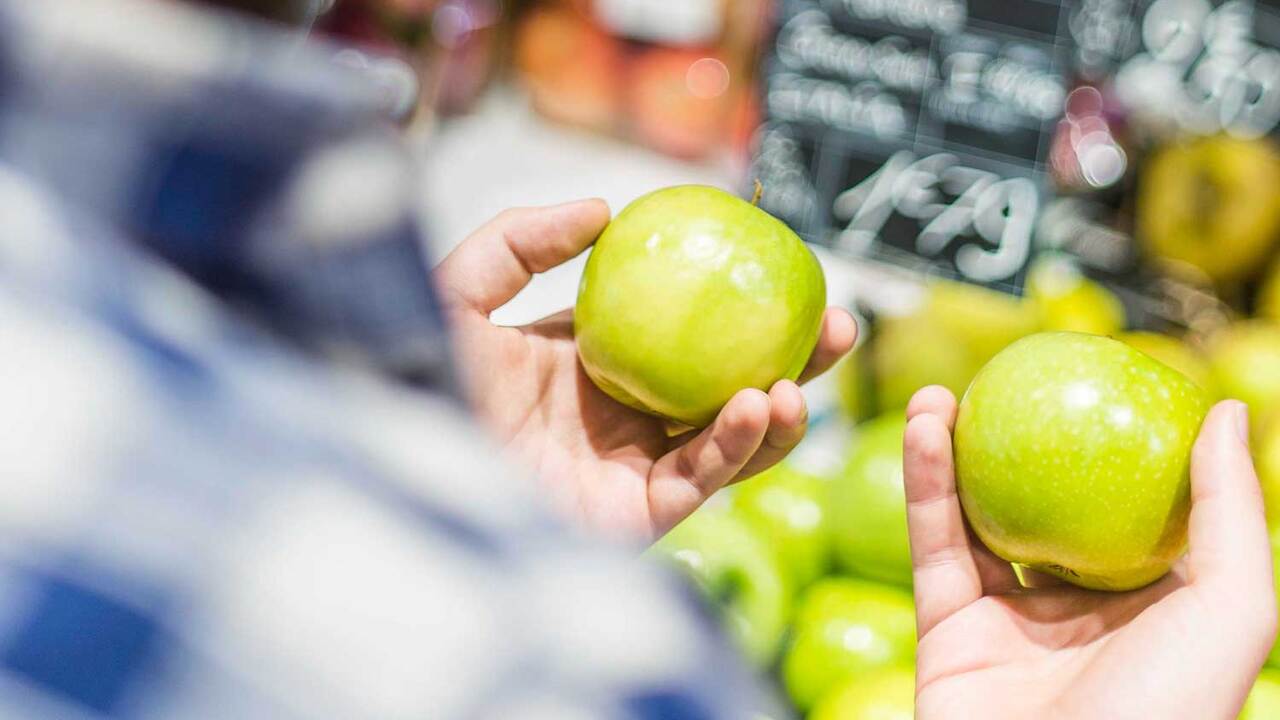PFAS is a group of substances containing more than 10 thousand elements with very strong carbon-fluorine bonds. Examples include perfluorooctane sulfonate (PFOS), perfluorooctanoic acid (PFOA), and perfluorohexane sulfonate (PFHxS). These chemicals are used to protect food from water, oil, and heat. They are also less biodegradable, so they can persist in the environment and inside the human body for long periods of time.
Evidence from animal experiments suggests a link between higher exposure to some PFAS and certain health effects. Such consequences include increased cholesterol levels, thyroid and liver dysfunction, adverse pregnancy outcomes, and an increased risk of certain types of cancer.
Dose, frequency, route and duration of exposure, as well as health, genetics, and other lifestyle factors, determine how severely PFAS will affect a particular person.
Harm from PFAS usually results from exposure to very high doses of these substances. Moreover, this is not typical for all such substances. Some are considered chemically inert, although they do not break down easily.
The scientists’ report found PFAS were present in more than half of all food samples tested in the UK. However, the content of most of these substances (98.8%) is much lower than the maximum residue level (MRL) allowed by law in food products.
There is also some evidence that diets rich in fiber and folic acid (found in vegetables, fruits and grains) reduce the absorption and accumulation of PFAS in our bodies.
Eating a varied diet and washing or cleaning fresh produce thoroughly can help reduce your exposure to PFAS.
News materials cannot be equated with a doctor’s prescription. Consult an expert before making a decision.
Source: Ferra
I am a professional journalist and content creator with extensive experience writing for news websites. I currently work as an author at Gadget Onus, where I specialize in covering hot news topics. My written pieces have been published on some of the biggest media outlets around the world, including The Guardian and BBC News.












